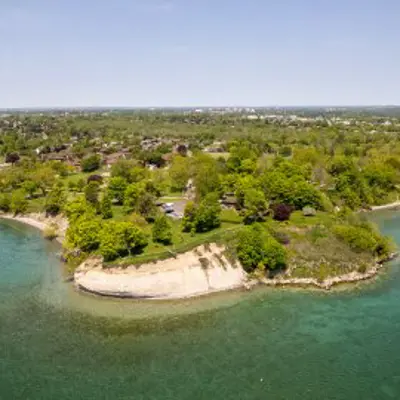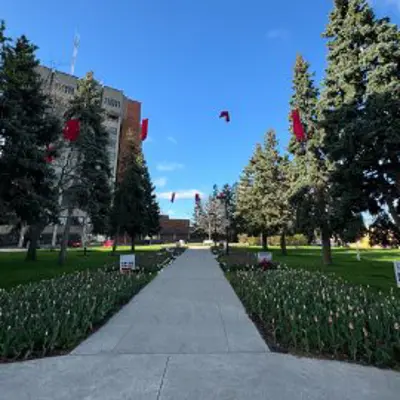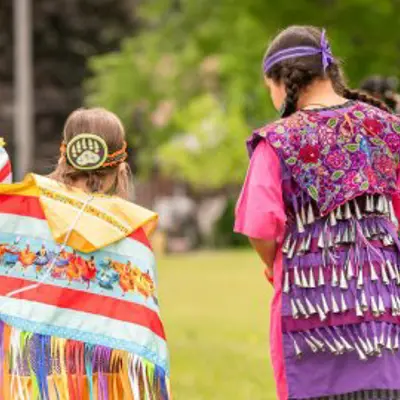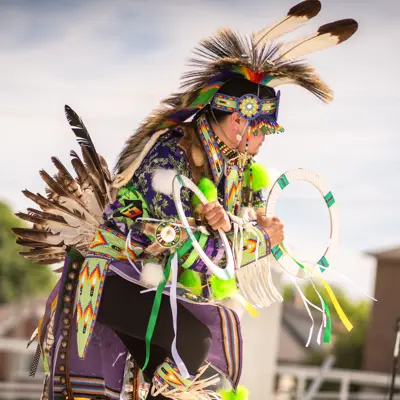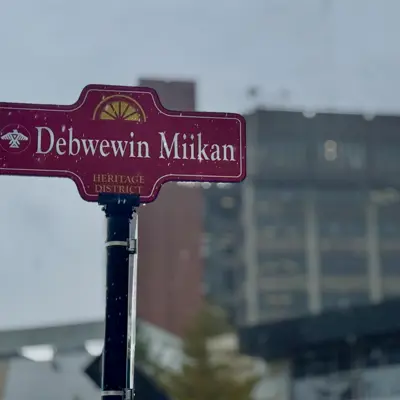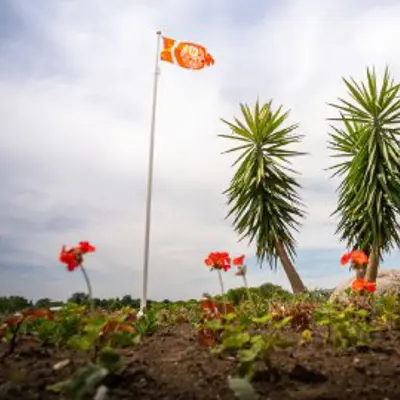Truth and Reconciliation
Truth and Reconciliation at the City of Oshawa
On June 20, 2022 Oshawa City Council recognized and acknowledged the Truth and Reconciliation Commission of Canada's Calls to Action and the United Nations Declaration on the Rights of Indigenous Peoples (U.N.D.R.I.P.), which establishes minimum standards for the survival, dignity and well-being of the Indigenous peoples of the world. Council also committed to meaningful reconciliation with Indigenous communities, using these two documents as the framework for the City’s Reconciliation efforts.
This report provides more details about Council’s acknowledgement of the Calls to Action and U.N.D.R.I.P.
Learn more about the City's commitment to Truth and Reconciliation:
Contact Us
Service Oshawa
Oshawa City Hall
50 Centre St. S.
Oshawa, ON L1H 3Z7
Phone: 905-436-3311
Toll Free: 1-800-667-4292
Email: service@oshawa.ca
Get information from the source
Subscribe to City News and get the latest updates delivered to your inbox.

